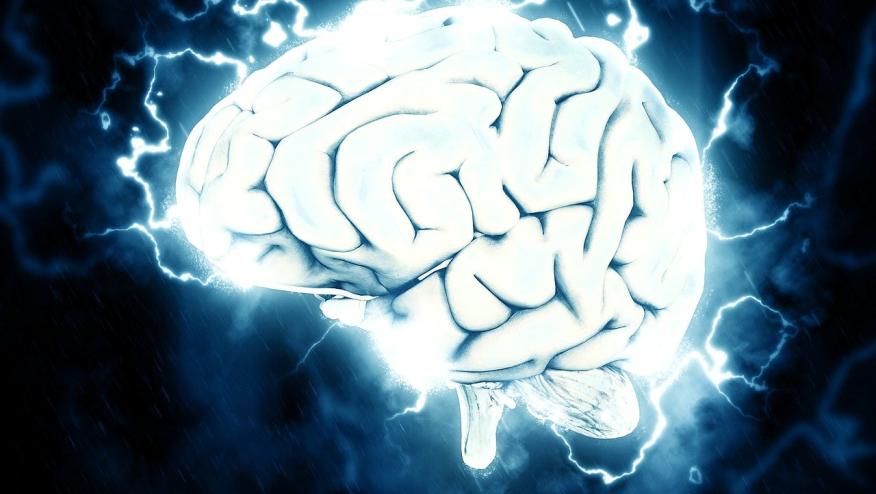Neuropsychiatric SLE - 2/3 Improved at 12 Months Save

The management and outcomes of neuropsychiatric systemic lupus erythematosus (NPSLE) can be challenging as there is limited data.
A retrospective cohort study identified 350 NPSLE events (between 1999-2015) defined by ACR definitions and categorized as being: central/diffuse, central/focal and peripheral. Clinical outcomes and predictors of clinical improvement/resolution were investigated.
NPSLE patients had an average age of 40 years. The diagnosis of NP-SLE (OR 4.32) and a SLEDAI-2K scores of at least 6 (OR 5.64) increased likelihood of initiating immunosuppressive therapy for NP events. Other takeaways from this study:
- Immunosuppressants and corticosteroids were frequently initiated/escalated for central diffuse or focal NP manifestations
- At 12 months, two-thirds (64%) showed a improvement in NP manifestations.
- Higher rated of improvement seen with Focal central NPSLE events
- NPSLE manifestations treated with immunosuppressants had higher odds of clinical response (OR 2.55)
- Age at diagnosis and focal central events emerged as additional response predictors.










If you are a health practitioner, you may Login/Register to comment.
Due to the nature of these comment forums, only health practitioners are allowed to comment at this time.